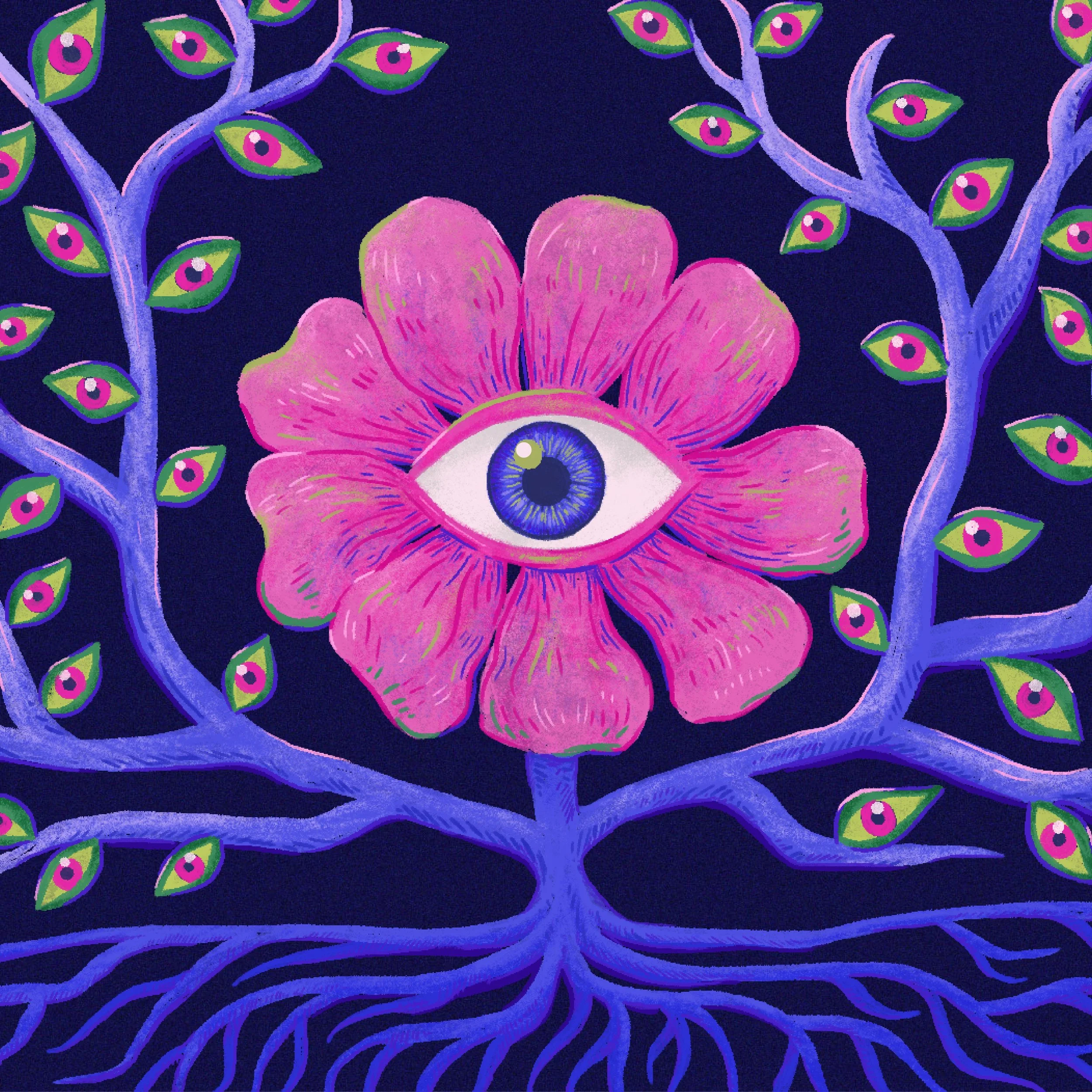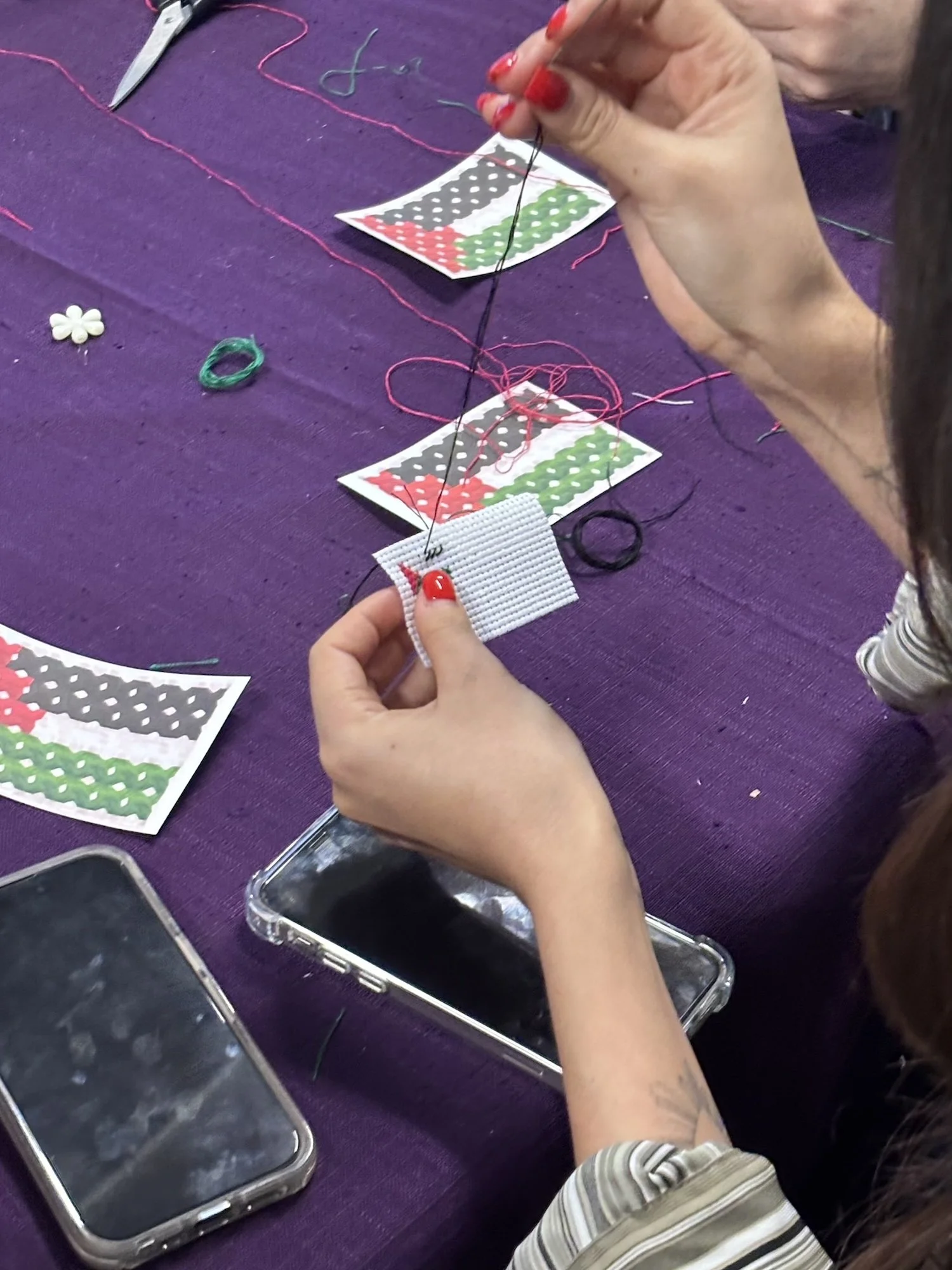The Shipment: A satirical play by a Korean-American woman about black representation
/The theatre’s house lights are still up and several seats are empty when the performers of The Shipment get to work. As Artistic Director Donna Spencer welcomes the audience to the Firehall Arts Centre’s 37th season opener, the dapperly dressed all-black cast intermittently interrupt her as latecomers, asking “Is this the black show?” One man makes a point of staring silently at Spencer before taking his seat, after she’s told him it’s in the back.
The lights remain on the audience as Omari Newton booty-pops out from behind the curtains, taking centre stage for the official opening act. It’s the second time he’s co-directed and acted in this play, written by Korean-American playwright Young Jean Lee. In 2017, Newton’s decade long hiatus from acting in theatre abruptly ended when SpeakEasy Theatre first mounted the show at The Cultch.
“I was feeling like there weren't roles for me, and the ones I had experienced didn't really have interest or respect in my culture,” Newton explains to me over the phone. But he thought the piece was important enough that he wanted to be a part of it, so he took on the role of co-director alongside Kayvon Khoshkam.
Due to unforeseen circumstances, the cast lost an integral member four days ahead of the opening, meaning Newton had to step in to join Andrew Creightney, Chris Francisque, Adrian Neblett, and Kiomi Pyke onstage.
“It was like your worst nightmare as an artist with tons of anxiety sprinkled on top of it,” Newton says.
The first mount saw every performance sell out, including late-night shows added in response to Vancouver’s overwhelmingly positive reception. The show went on to be nominated for several Jessie awards, with Newton winning Best Actor for his role, which is one of the reasons he decided to return as a cast member for this run.
“I feel very humbled that people embraced the play that way,” says Newton. “The least I can do to show appreciation for how the show was embraced is to carry on in a show that people love.”
But his stand-up comedian character is far from loving to the audience. Whether you are caucasian, like myself, or racialized, the first act is uncomfortable. No race is spared: White people are stupid, Vancouver’s Indigenous people are the city’s ‘n-words’ and black people are scary. But caucasians were the comic’s main point of scrutiny, especially white peoples’ easily offended nature.
“No one was ever called a cracker before getting lynched,” Newton tells the audience. “It’s as if you shit on a person’s face for 300 years and then told them to swallow. Just say sorry and don’t do it again!”
His stand-up act is heavy and poignant, sprinkled with taboo topics such as seven-year-olds exploring their sexuality with a No. 2 pencil. I felt hyper-aware of how white the audience was, and embarrassed by the ease in which they could laugh along as Newton highlighted the ways in which caucasian suck. Are we allowed to be entertained by our role as oppressors?
Omari Newton opens The Shipment as a brazen stand-up comic
“The jokes are so crude that they push the audiences’ comfort level to a point that is kind of absurd,” Newton tells me. “I hope people will find the show bold, funny, risk taking and full of valuable information that will affect people on a visceral level.”
The second vignette is a surrealist abstract piece where the acting style is anything but naturalism. It’s as if South Park merged with an old school video game, and features characters like Video Ho, Crackhead John, Bad Cop, Drug Dealer Mama, Grandma from Heaven and Record Company Executive. The actors end the scene in discordant harmony, singing Modest Mouse’s Dark Center of the Universe before taking what feels like the longest minute in the world to survey the audience in silence.
Chris Francisque and Andrew Creightney in the surrealist second vignette
“The aim is to have people question the ways in which they see people represented and the superficiality behind those representations,” says Newton.
Together, the cast builds a living room for the final scene, which soon fills with a motley crew for a mutual friend’s 30th birthday. None of the characters are likeable, yet they are all relatable. The scene feels shocking following the two that were explicitly centred on race. This act seems more concerned with individual idiosyncrasies, a failed non-consensual suicide pact and unrequited love.
The final twist is an eye-opening example of how different demographics handle their privileges, or lack-there-of, on a regular basis. For Newton, that’s exactly why it makes sense that he was able to relate so much with a piece of work created by a Korean-American woman.
“I view movements of resistance, activism and social justice through an intersectional lens, so to me, I don't think it's much of a leap if a woman of colour can empathize with some of the experiences of black men or women,” Newton explains. “Of course our struggles are different but we can relate through being othered or being a minority in a society where we have to fight for representation.”
Newton believes Vancouver has been hungry for diverse casts, and is proud of the way The Shipment dispels myths about the city lacking enough black actors to feed that demand.
“What makes me proud about The Shipment is that it proves those things wrong. The show was well received and well attended with an all black cast in a city like Vancouver where people previously believed that was impossible.”
If you have a chance to catch the show during its second, or hopefully third rendition, Newton warns audiences to prepare to be challenged, offended and leave feeling something. As his comic character says to the white audience members at the end of his act:
“Keep up the good work, stay afraid.”
The Shipment runs now through October 5 at Firehall Arts Centre. Tickets start at $33 for adults, $28 for seniors and students, $20 for artists/under 30







